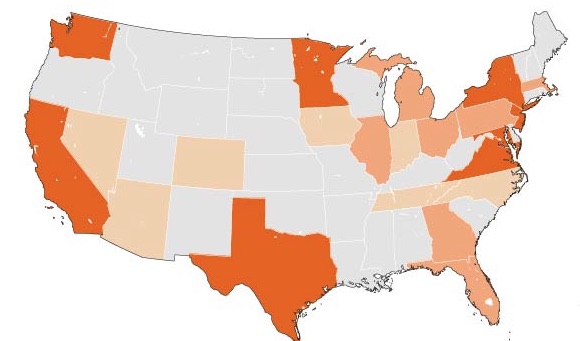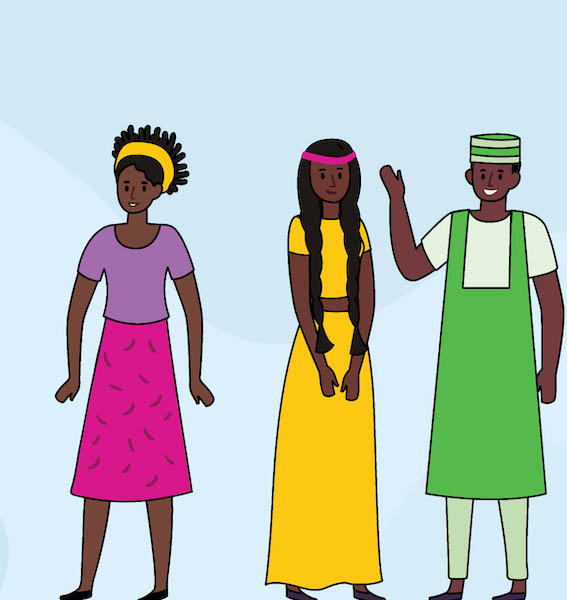Fewer Malaria Cases in Cambodia
(2002) According to the World Health Organization (WHO), around 300 million people worldwide suffer from malaria each year resulting in at least 1 million deaths.
(2002) According to the World Health Organization (WHO), around 300 million people worldwide suffer from malaria each year resulting in at least 1 million deaths.

(2016) Although FGM/C is most prevalent in sub-Saharan Africa, global migration patterns have increased the risk of FGM/C among women and girls living in developed countries, including the United States, according to PRB analysis published February 2015.

By looking at the intersection of poverty and inequality in local areas—and how this has changed over time—we can produce a more complete picture of U.S. economic health.
2004) In September 2004, four devastating hurricanes and tropical storms killed more than 1,500 Haitians, destroyed roughly 90 percent of Grenada, and wreaked billions of dollars of damage on the southern United States.

Project: Empowering Evidence-Driven Advocacy
Young people in Nigeria lack access to contraceptive information and services that are tailored to their needs.
(2010) Most poor children achieve less, exhibit more problem behaviors, and are less healthy than children raised in more-affluent families. Looking beyond these well-known correlations between poverty and negative outcomes in childhood, recent studies have assessed the effects of childhood poverty in the United States on later attainment and health.